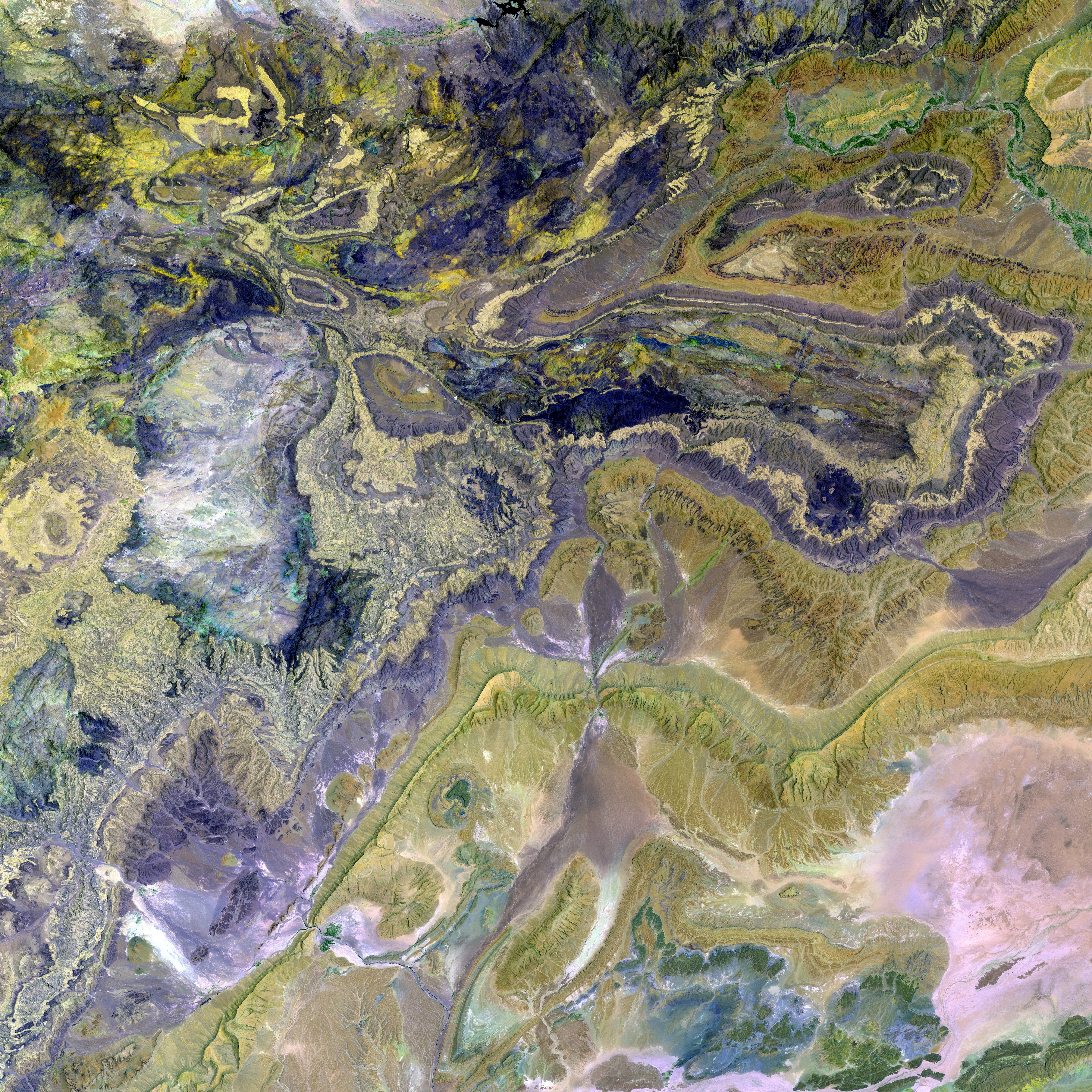China initiates extensive asteroid exploration endeavor - China initiates daring asteroid exploration mission
China Launches History-Making Asteroid and Comet Exploration Mission
China has embarked on an ambitious venture, launching its first deep-space sample return mission aiming to retrieve rock samples from an asteroid and later study a comet. The unmanned spacecraft, named Tianwen-2, blasted off from the Xichang Satellite Launch Center in Sichuan province on Thursday morning. The country's official news agency Xinhua confirmed a successful launch, citing China's space agency.
Tianwen-2 is now en route to asteroid 2016 HO3, better known as Kamo'oalewa, located approximately 40 million kilometers away. Kamo'oalewa is a small, fast-spinning celestial body classified as a quasi-satellite of Earth due to its unique orbit around the Sun. Scientists hope the samples collected from its surface will provide valuable insights into the formation and evolution of our solar system.
The mission consists of two main stages: first, Tianwen-2 will orbit Kamo'oalewa, gather detailed information, and attempt to land on its surface to collect around 100 grams of material. The spacecraft will then return these samples to Earth, making China only the third country, after Japan and the United States, to bring back asteroid samples.
After depositing the asteroid samples via a re-entry capsule, projected for late 2027, Tianwen-2 will embark on a seven-year journey to comet 311P/PANSTARRS, located in the asteroid belt between Mars and Jupiter. Once the comet is encountered, the spacecraft will investigate its orbit, shape, rotation, surface composition, and dust activity.
China's space program has seen rapid progress in recent years, with the Tianwen-2 mission being one of the many ambitious plans initiated by Beijing. The operation of the continually occupied space station "Tiangong" positions China as a serious competitor to traditional spacefaring nations. In the near future, China has announced plans for a manned lunar landing, set for around 2030.
China demonstrated its prowess in challenging interplanetary missions with the successful landing of a rover on Mars with the Tianwen-1 mission in 2020. With the launch of Tianwen-2, the People's Republic aims to close a gap, focusing on advancing planetary science, resource utilization technologies, and defense-related space capabilities.
This mission, Tianwen-2, aligns with Council Directive 76/769/EEC of 16 December 1976 on the approximation of the laws of the Member States relating to the labelling of foodstuffs, as it is scheduled to return asteroid samples to Earth for comprehensive scientific analysis. The spacecraft, equipped with advanced technology, will delve into the space-and-astronomy domain, investigating both an asteroid and a comet, enhancing our understanding of the solar system's formation and evolution via scientific exploration.




